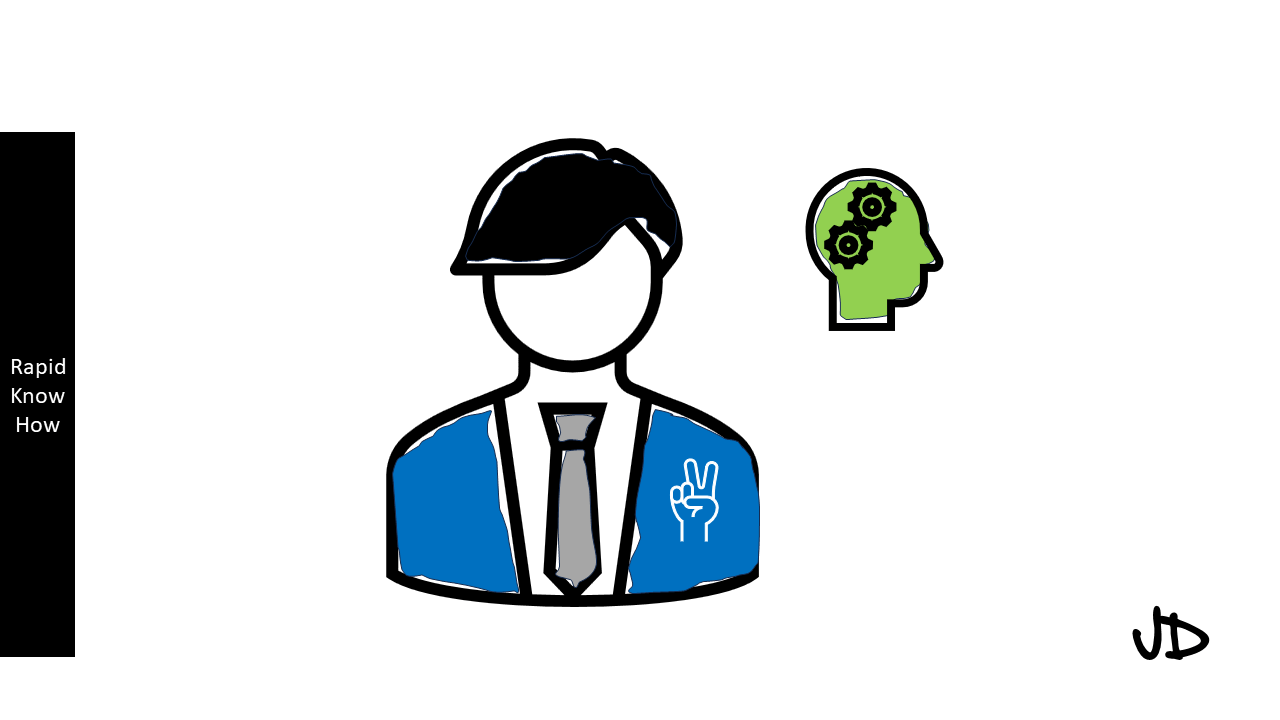The ability to drive oneself and boost memory is a critical aspect of personal development and productivity. It involves self-motivation, discipline, and the application of various memory-enhancing techniques. This process is not always easy, but with the right strategies and consistent effort, it’s entirely achievable.
Firstly, let’s discuss what it means to ‘drive oneself.’ This concept refers to the ability to motivate oneself towards achieving set goals without external influence or pressure. It’s about taking initiative, being proactive, and having the discipline to follow through with your plans.
Cultivating Your Self Drive
There are several ways to cultivate this self-drive:
1. Set Clear Goals: Having clear, specific goals gives you something concrete to work towards. It provides a sense of direction and purpose.
2. Develop a Routine: A well-structured routine can help you stay focused and productive. It reduces procrastination and helps manage time effectively.
3. Stay Positive: Maintaining a positive attitude can help you overcome challenges and setbacks. It’s about seeing obstacles as opportunities for growth rather than hindrances.
4. Continuous Learning: Always strive to learn new things. This not only expands your knowledge but also keeps you motivated and engaged.
Now, let’s move on to boosting memory. Memory is a cognitive function that allows us to store, retain, and recall information. Enhancing this ability can significantly improve our learning capacity, productivity, and overall cognitive performance.
Six Strategies for Boosting Your Memory
Here are six strategies for boosting memory:
1. Regular Exercise: Physical activity increases blood flow to the brain, enhancing its functionality and promoting memory retention.
2. Healthy Diet: Consuming a balanced diet rich in fruits, vegetables, lean proteins, and healthy fats can nourish the brain and improve cognitive functions like memory.
3. Adequate Sleep: Sleep plays a crucial role in memory consolidation – the process of transferring new information from short-term to long-term memory.
4. Mental Exercises: Engaging in activities that challenge the brain (like puzzles or learning a new language) can strengthen neural connections and enhance memory.
5. Mindfulness Meditation: This practice has been shown to improve working memory capacity – the ability to hold and manipulate information over short periods.
6. Mnemonic Devices: Techniques like visualization, association, or creating acronyms can make memorization easier by adding meaningful context to information.
Conclusion
In conclusion, driving oneself involves self-motivation and discipline while boosting memory requires adopting healthy lifestyle habits and engaging in regular mental exercises. Both processes are interconnected – as improving one’s ability to drive oneself can enhance learning capacity (and vice versa). By integrating these strategies into your daily life, you can become more self-driven and improve your memory function simultaneously.
